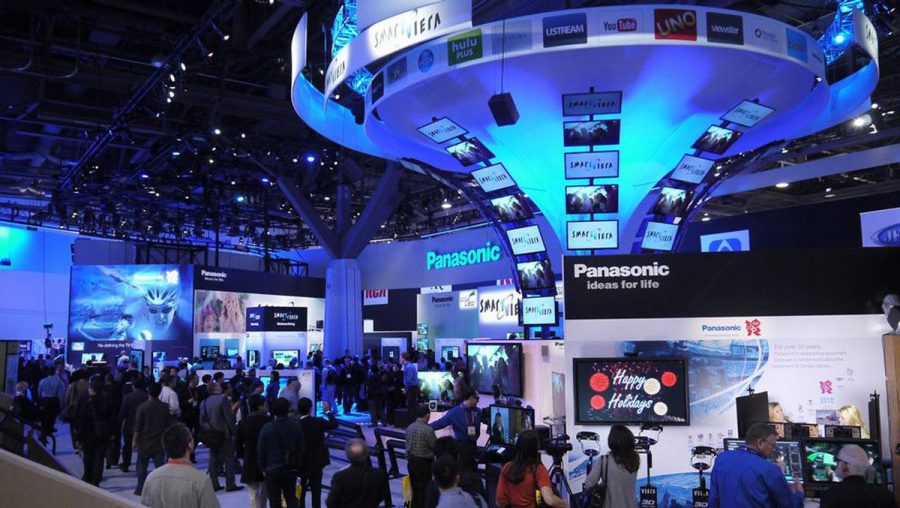How the CES of 2017 Changed Technology Forever
January 11, 2017
The first week of January 2017 marked an important new age for technology. Las Vegas was home to the Consumer Electronics Show of 2017, a convention that brought together both top electronics competitors and start-up companies to showcase their most recent inventions. From robots to walking canes, the show had a variety of innovative creations.
First place as Best of The Best (according to Engadget, a partner of the CES), the New LG OLED W-Series rose to the top among the tough competition at only 2.6 millimeters thick. For a comparison, that’s as thin as a credit card. The new TV keeps most software in a sound bar that pops up under it. But the quality, as LG representatives assured, is up to par or even better than LG’s previous OLED tvs.
Next, Engadget also announced the the People’s Choice winner, which Razer’s Project Ariana easily won with 40% of the votes. Expanding the world of gaming outside of just the screen, Project Ariana features a 4K projector that extends the gameplay and makes it infinitely more immersive. It also works alone as a projector.
A number of other interesting new inventions were spotted at the show.
As reported by Barron’s Next, a news site, Kerastase, L’Oréal, and Withings collaborated to make the world’s first wi-fi hairbrush. The hairbrush has a microphone that, according to the companies themselves, “listens to the sound of hair brushing to identify patterns, providing insights into manageability, frizziness, dryness, split ends and breakage.”
Also using an accelerometer and gyroscope to further analyze brushing speed and condition of hair, the hair brush is both unnecessarily sophisticated and rather tempting. Finally, the Wi-Fi connection comes in handy to send the results to a smartphone that will give users a hair quality score. (USA Today). The brush is estimated to sell for around $200.
Finally, the world of smart cars is only growing more and more viable. Nvidia created a system for cars to read lips and sense road rage in facial expressions. Meanwhile, DeltaID decided to come out with an iris scanner that could make paying for things as easy as looking into the rear view mirror. (Barron’s Next).
After hearing about the CES and all the recent creations that are being innovated, Sarah Chen (9) said that
“technology is improving so quickly, I can’t help but wonder what the world will be like in just a few years.”
Her words ring true, as the future will bring only more new innovations to create a world of technology and endless possibilities. The Consumer Electronics Show of 2017 was a huge success, showing just how much potential this year and the upcoming decades hold.





















